End on a Good Note
Top 10 Best Ending Themes of All Time!
It’s often said that you only have one chance to make a good first impression, but it’s also important to make a good final impression. With that in mind, this countdown looks at gaming’s best ending tracks. Some video game endings are long enough to require multiple music tracks, but we’re going to focus primarily on the last piece of music that plays before the game reaches its conclusion. This track typically plays during the closing credits, but that’s not necessarily a requirement for this list. The games on this list represent a wide assortment of genres and generations, but the one thing they have in common is that they all end on a good note.
Click on the images to hear the theme songs for yourself. Make sure your volume isn’t set too high!
10
Metal Gear Solid
Rika Muranaka
I have mixed feelings about games that end with vocal performances. Although it’s completely appropriate in certain cases, I have apathy for closing songs that don’t match the game’s overall tone. In the case of Metal Gear Solid, I literally couldn’t understand the lyrics that were being sung. This is because “The Best is Yet to Come” was written in Japanese by Rika Muranaka and performed in Gaelic by Aoife Ní Fhearraigh. I can infer from the English translation that the lyrics echo many of the game’s central themes, but I was able to appreciate the performance even before I had the means to understand it. The beautiful ballad is peaceful and serene, and it’s a fitting way to cap off a story about the prevention of nuclear war. An instrumental version of the song can be heard earlier on in the game, but the haunting vocals add an emotional layer whether or not you’re able to understand the lyrics or not. The song gave me chills the first time I heard it, and it still springs to mind anytime I visit top secret military facilities in Alaska. An edited version of the song could be unlocked in Metal Gear Solid 4 and played on the in-game iPod, but it hits different when it marks the end of an endeavor.
9
God Hand
Masafumi Takada
God Hand will invariably be brought up in any online discussion about the most underrated video games. Its inventive play mechanics and off-beat sense of humor are frequently praised, but the music seldom gets the respect it deserves. The closing credits are especially amazing, and they perfectly encapsulate the game’s over-the-top nature. The lyrics could only be described as ridiculous, and they specifically reference high-brow concepts like pimp hands and ball shots. The song (ostensibly) relays what it’s like to have the power of the gods, but it has the same energy as the 1960s Batman TV show. The accompanying visuals reinforce this assertion, and we get to see some of our favorite characters performing absurd dance routines. If Fist of the North Star had a baby with Beach Blanket Bingo, it would look and sound exactly like the ending of God Hand. The song was written by Masafumi Takada (who composed most of the soundtrack) with vocals from Beng Spies. Everyone is in on the joke, of course, and the lyrics are sung in an intentionally exaggerated manner. There were a lot of “obvious” choices for this list that didn’t make the cut, and I know I’m going against the grain by recognizing a throwaway comedy song. Even though it’s not the most complex or emotional entry on this list, it’s easily the most entertaining. If just wish more games had the courage to be this silly.
8
Pokémon Black & White
Shota Kageyama
Pokémon is pretty much a “sure thing” at this point. Critics can scream to the heavens about how the series isn’t evolving enough, but Game Freak has clearly found a winning formula. For all the criticism the franchise receives for its simple graphics or supposedly stagnant game mechanics, the Pokémon games go way harder than they need to in certain respects. This is evident by the closing credits of Pokémon Black and White. The entire soundtrack is incredible, and the final track is especially energetic. The build up to the final battle is pretty intense, and this momentum is carried over into the staff roll. It reminds me a lot of the Chrono Trigger boss music with a hint of the Air Wolf theme and just a touch of Dr. Who thrown in for good measure. By the time you reach the end of the game, you’ve effectively prevented an entire region from falling into chaos. Rest assured, the music lets you know how triumphant you were. This doesn’t mean that the journey is over, however, and the music also makes you feel like there’s still a lot to accomplish in Unova. In that capacity, it’s the perfect setup for Black 2 and White 2.
7
Mario Kart 64
Kenta Nagata
Mario games tend to have amazing soundtracks, and it’s a safe bet that the end credits will be accompanied by memorable tunes. Mario Kart 64 caught me off guard, however, as I wasn’t expecting a lighthearted racing game to end in such a majestic way. The game is largely defined by fast-paced gameplay and whimsical environments, and the soundtrack is appropriately cheerful throughout. When the end credits start playing, the entire tone changes. The music makes you feel like you’ve accomplished something monumental, and the heart-warming melody makes the entire experience feel more emotional. Mario Kart 64 is a fun little racing game, but the final music track treats it like an epic RPG that takes dozens of hours to complete. Mario Kart 64 was the first game that Kenta Nagata composed for Nintendo, and it left a lasting impression on the gaming world. Listening to the end credits in current year is akin to opening up a time capsule. Even people who haven’t played the game are likely to be enveloped by nostalgia. If you want to know what life was like in 1997, all you need to do is reach the end of Mario Kart 64.
6
Chrono Trigger
Yasunori Mitsuda
Chrono Trigger has over a dozen possible endings, so many songs could be described as the “final” track. The game’s “true” ending is the most satisfying and uplifting, so that’s what we’ll focus on for the purpose of this countdown. After an epic journey through time, the main characters make the decision to return to their own eras. It’s a bittersweet moment, as we’re lead to believe that they will never see each other again. When someone inadvertently steps into one of the time portals, the crew rushes to their flying time machine and sets off on an impromptu rescue mission. We jump from one era to the next while the credits are displayed, and we have the opportunity to see all of our friends again. Most endings aim to give the player a sense of closure, but Chrono Trigger makes you feel as though the adventure is just beginning. The wonderful music (composed by Yasunori Mitsuda) captures this feeling perfectly. “To Far Away Times” is a fitting conclusion to the game, but it also fills you with unbridled optimism for what’s to come. The track makes you feel like both it’s the beginning and the end, which makes it a perfect fit for a story about time travel.
5
StarFox
Hajime Hirasawa
StarFox was considered revolutionary in 1993, but it’s fair to say that the graphics don’t hold up today. The game is locked to 15 frames-per-second, after all, and you can literally count the number of polygons on screen! Certain aspects of the game have stood the test of time, however, and this is certainly true of the sound design. The soundtrack is the perfect fit for an action-packed space opera, and the music that plays during the closing credits would be right at home in a Hollywood blockbuster. The track has an upbeat and optimistic quality that makes you feel good about the adventure, and it sounds like something John Williams would have composed. In an ironic twist, the ending music is so energetic that it makes me want to start the game all over again. Thankfully, the soundtrack is amazing from beginning to end. (As a matter of fact, StarFox is the only game on this countdown that was also featured on our list of best opening level tracks.) The music was composed by Hajime Hirasawa, and StarFox was one of the only games he ever worked on. Unfortunately, he left Nintendo due to disagreements over music ownership. It’s too bad that he didn’t stick around for a while, as I would have loved to see what he could do with fewer technical limitations.
4
Portal
Jonathan Coulton
Although GLaDOS is the main antagonist in Portal, the folks at Valve saw it fit to give her the final word. As the credits role, the snarky AI takes on the role of a spin doctor and explains how she was actually satisfied by how things turned out. Despite being defeated, GLaDOS asserts that her mission was a “huge success.” She wryly insists that she’s not angry and repeatedly reminds us that she’s still alive. She also writes off her loss as a learning experience and has the audacity to claim that she’s GLaD to have been thrown into a fire. The song is hilarious, and Ellen McLain’s auto-tune vocals are surprisingly emotive. “Still Alive” was written and arranged by Jonathan Coulton, who built a career on humorous songs about geek culture. He was obviously the right man for the job, and he was able to tap into the game’s unique brand of comedy. The catchy tune is incessantly charming, and it was specifically chosen to play during the closing credits because the designers wanted to leave the players feeling happy. “Still Alive” is one of the most unforgettable songs in gaming history, and it has taken on a life of its own outside of the Portal series. The song has been featured as a hidden Easter egg in several other games, and it was also available as a DLC track in Rock Band! There’s a YouTube upload of the song that has over 42 million views (as of this writing), and it’s arguably the most celebrated entry on this countdown. It’s even been recognized as gaming’s greatest theme song on the world’s greatest video game website.
3
Street Fighter II: The World Warrior
Yoko Shimomura
Street Fighter II was one of the most revolutionary games of its era, and you could write an entire book about the various ways it changed the industry. One of the things that we take for granted today is the fact that every playable character had their own ending. This was a novel idea in 1991, and it gave players an incentive to beat the game multiple times. When Street Fighter II: Champion Edition was released in 1992, Capcom included a new ending sequence for expert players. If you were able to finish the game without losing a single round, you’d be treated to a new credits sequence and an epic tune to cap off the momentous occasion. This song is remarkably catchy, and it will likely be burned into your brain after a single listen. The music track was remixed several times for various version of the game, but the best revision can be heard in Street Fighter II: The World Warrior on the Super Nintendo. You’ll need to finish the game on the highest difficulty in order to see the ending, but it’s worth it just to hear the music. (In case you’re wondering, the track is not included in the game’s “Sound Test” area.) The song is well-suited to the SNES sound chip, and its surprising how well the flute-based melody fits with the guitar-driven backing track. Street Fighter II was a special game, and it’s only fitting for the experience to be capped off by a special music track.
2
The Legend of Zelda: A Link to the Past
Koji Kondo
I adore the ending of A Link to the Past. It takes the time to showcase nearly every character in the game, and it lets you know that everything is right in the land of Hyrule. You’ll be filled with excitement as you head into the closing credits, and the final piece of music that you hear has a calming affect that makes the experience all-the-more satisfying. The credits take nearly four minutes to scroll by, which is ample time for a meaningful piece of music. (For comparison, the credits lasted less than 20 seconds in the first Zelda game!) The final track is relaxing, reassuring, and warm. It’s the aural equivalent of being wrapped up in a cozy blanket, and it’s possibly the most beautiful piece of music Koji Kondo has ever composed. There’s also an undeniable familiarity to the song, and this becomes even more pronounced when it gently segues into the main Legend of Zelda theme. Now that’s what I call a link to the past! I have nostalgia for many of the entries on this countdown, but the ending music in A Link to the Past will somehow make you feel nostalgic the first time you hear it.
1
Final Fantasy VI
Nobuo Uematsu
Final Fantasy VI has already been recognized on this site for having the greatest video game soundtrack of all time, and the best example of its greatness can be heard during the extraordinary ending. The main characters in the game each have their own musical themes that reflect their personalities. These tracks use different instruments and play at various tempos, but the ending sequence somehow weaves the leitmotifs together into a single piece of music. Each character has their own ending vignette, but the music is seamless as it moves from one sequence to the next. In that capacity, it makes you feel like you’re at the opera or listening to a symphony with multiple movements. After all of the characters are given their moment, the tempo picks up as their airship soars above the clouds. As things continue to build during the closing credits, more and more instruments are brought into the fold before ending in the most uplifting way possible. There’s even a callback to the main Final Fantasy theme, which was conspicuously missing in the game. At 21 minutes – with no breaks to speak of – the ending sequence puts the Super Nintendo’s wavetable sound chip through the paces and takes us on an emotional journey in the process. Nobuo Uematsu is one of gaming’s most iconic composers, and “Balance is Restored” is his magnum opus.

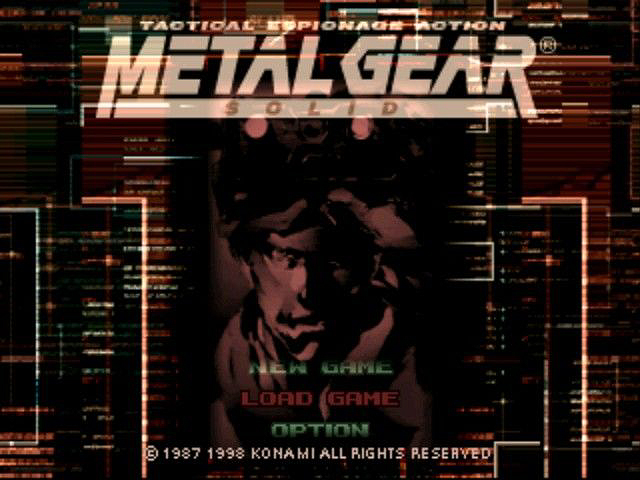
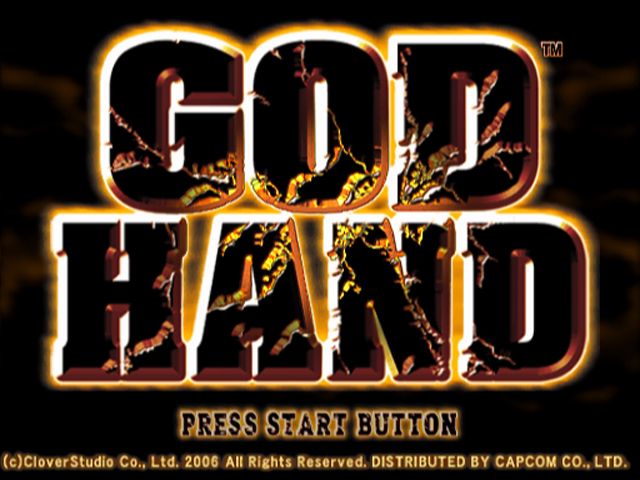
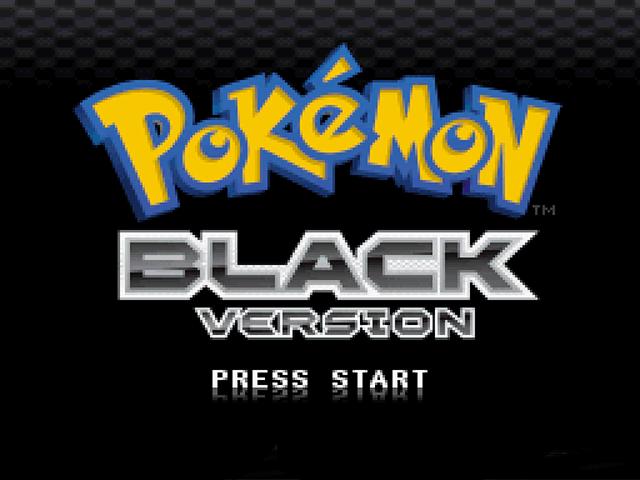
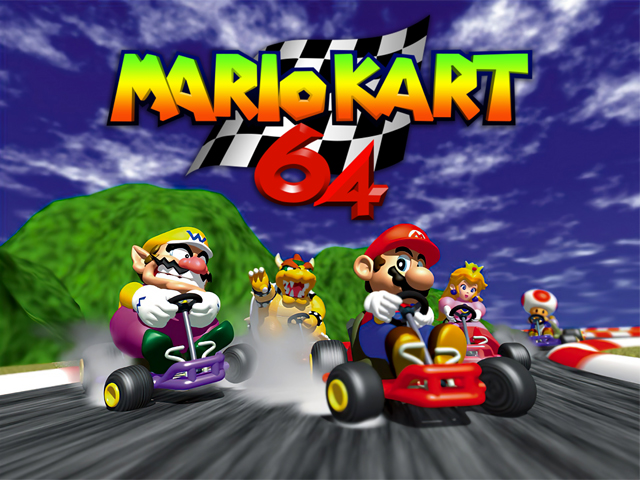
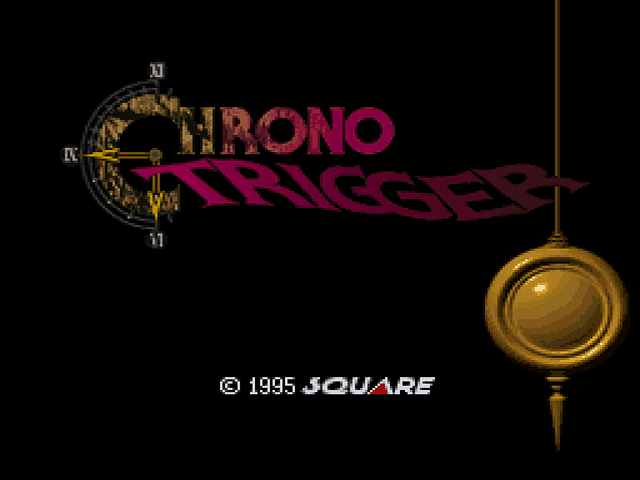
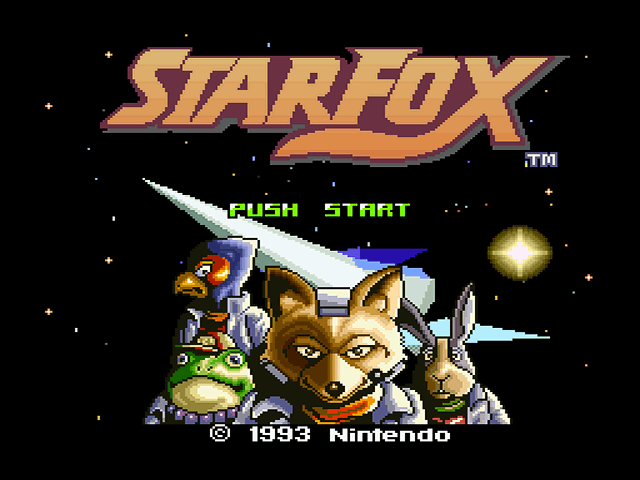
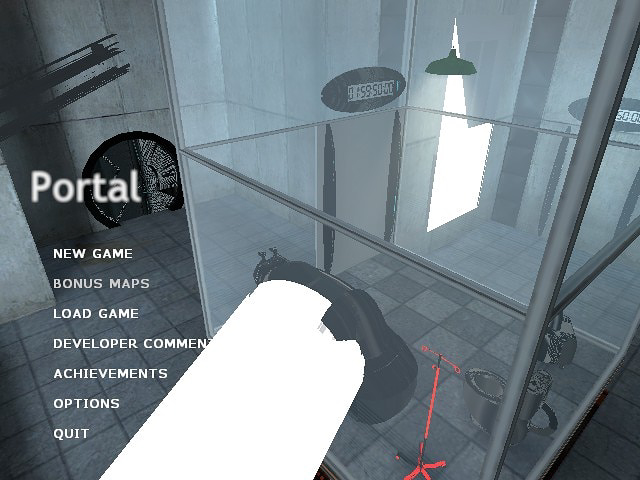
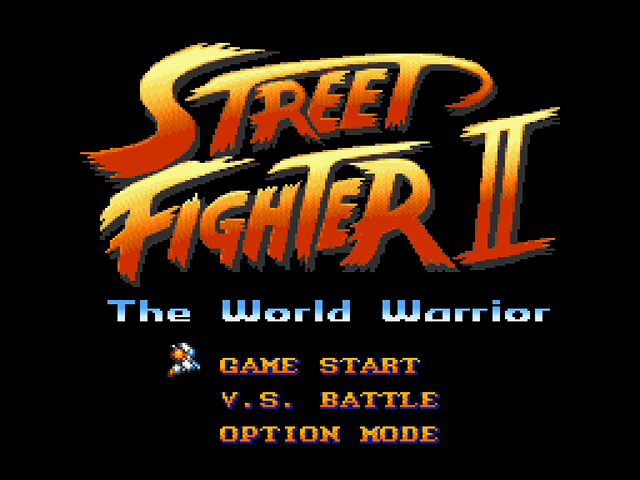
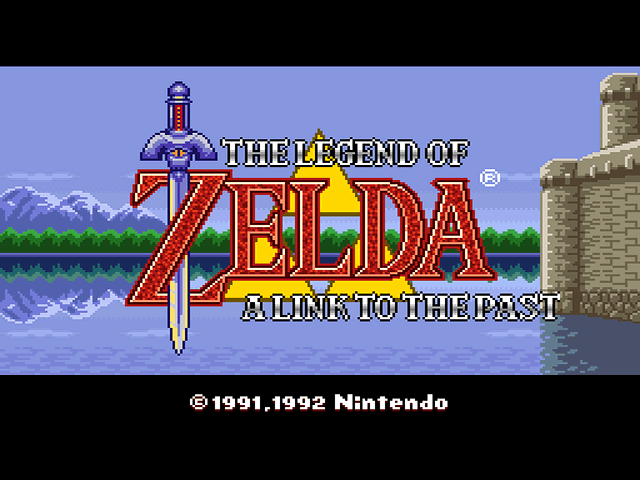
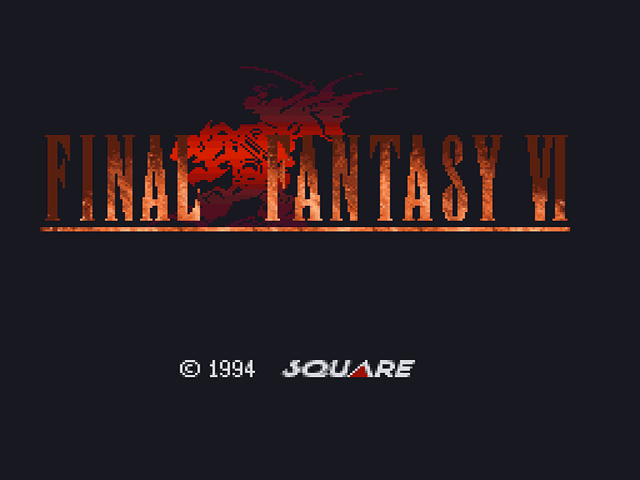
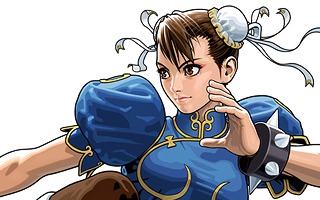
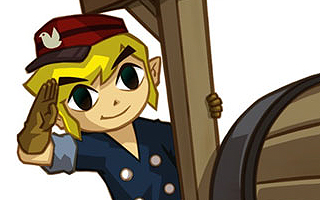
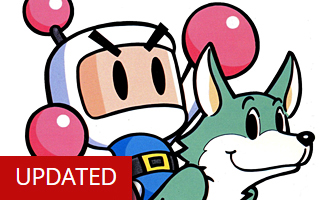
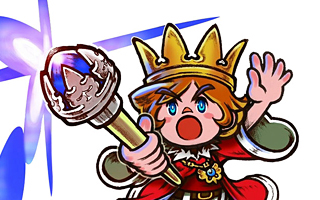
Do you agree with this list? Let us know what you think by leaving a comment below. Your opinion matters!